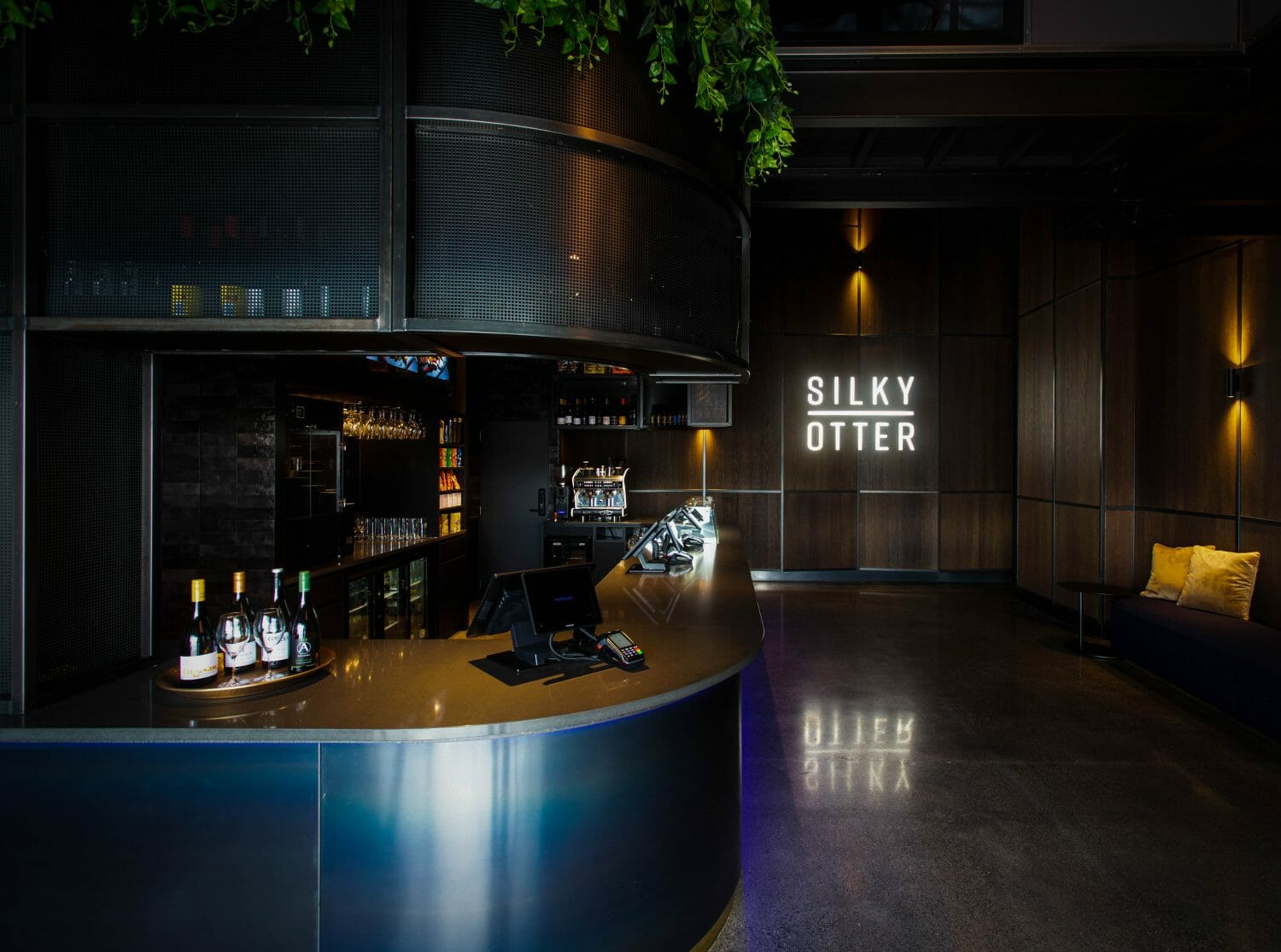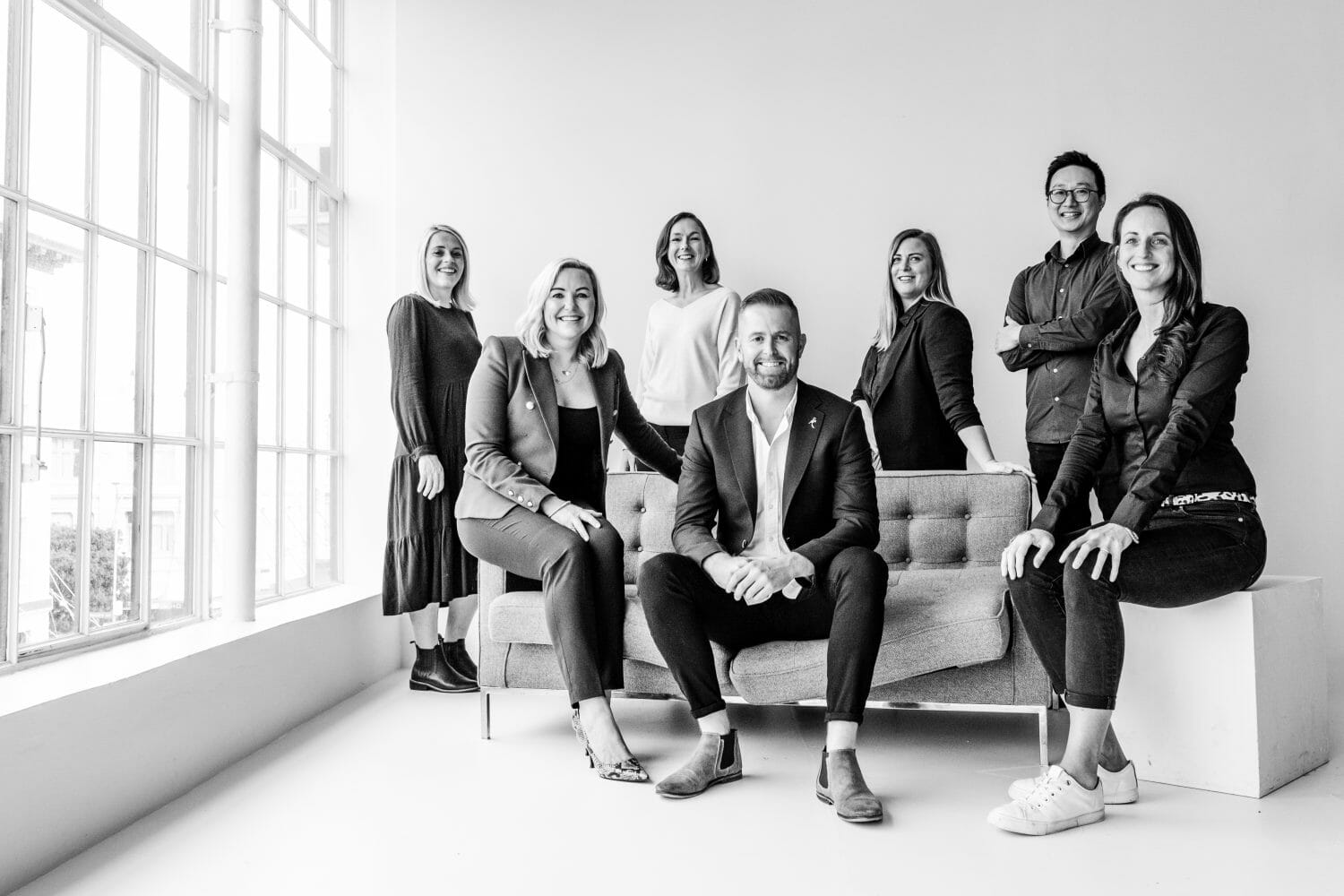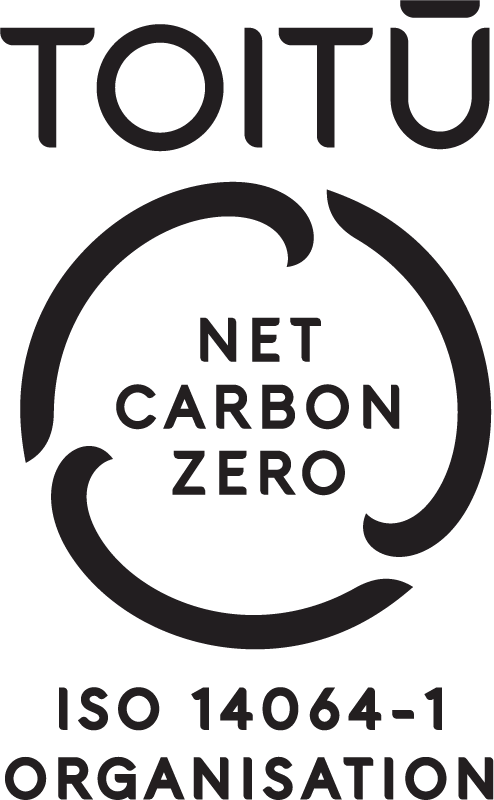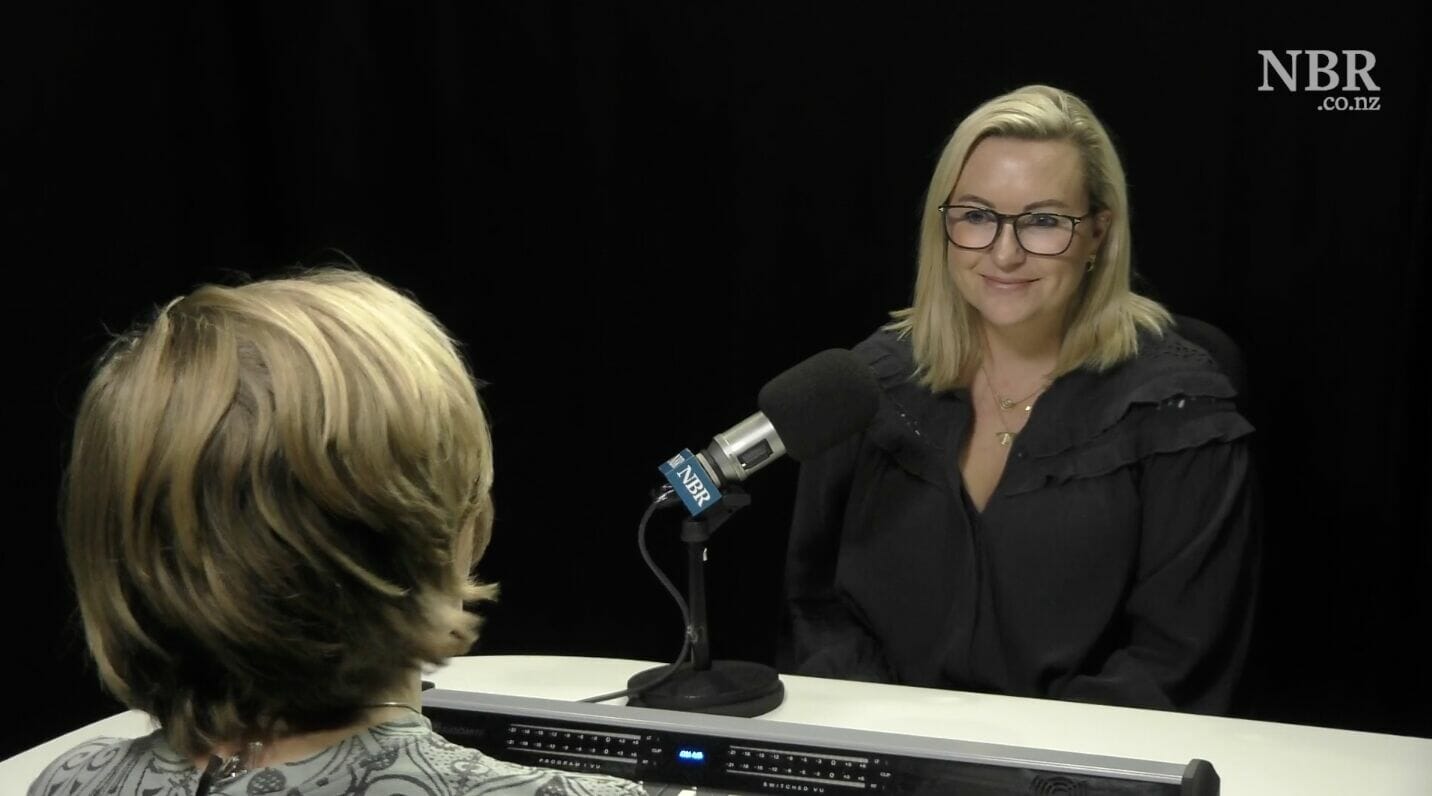

Spaceworks on a mission
Spaceworks CEO Lizzi Whaley sharing the journey to-date and what’s in store for the future.
Lizzi recently sat down with the NBR and discussed where the business has been and how she wants Spaceworks to be at the forefront of industry change.
Watch the interview above or read the full story below.
Lizzi Whaley has worked in residential and commercial interior design for almost two decades. She joined Spaceworks Interior Architecture in 2004, then bought out the owner and became chief executive in 2006.
Spaceworks provides interior design and build services to office, retail, aged care, hospitality and hotel clients. Whaley grew the company from two staff and annual revenue less than $1 million to 25 staff and a pre-Covid revenue of about $14m. That dropped to $10m over Covid but has bounced back and is now tracking for $12m for the year ending March 2022.
Why did you start up your own practice at age 22 rather than working for another company?
I just always knew I should be working for myself. Both my mum and my dad had their own businesses – my mum was a lawyer, my dad an accountant. I started working weekends at a paint company when I was 16 and worked there full-time while doing my design course and, at the age of 20, I was running the company’s six franchises. I knew I had a leadership/management-type brain.
Whaley, a former judge on The Block NZ, says design affects the bottom line through influencing behaviour, as well as the feel and function of a space. After successfully defending a breach of contract case, which went all the way to the Court of Appeal, and riding out Covid, Whaley is now focused on driving positive change in both her business and the construction industry.
She lives in Auckland with her 17-year-old son Kaleb and 11-year-old daughter Ruby (from two previous marriages); her partner, music teacher Anna Johnson, will soon join the household.
You started out in the residential interior design area, but switched to commercial – why?
I found the residential market challenging in terms of personality types. I didn’t particularly resonate with being in a more emotive-driven environment where there are husbands and wives choosing colours and materials and finishes. I was more: there’s a problem, there’s a solution, there’s a decision, then comes the programme and timeline.
You bought Spaceworks off the previous owner when you were a 28-year-old single mum. How hard was that?
It looked like the previous owner was going to sell to a construction company and I realised I would end up as that company’s main designer, and I didn’t like that idea. So, I decided to purchase the business. I was living at home with my parents. I ended up finding a bank manager at ANZ, Phil Grigg, who was lovely. I would call him every day with a new plan and, finally, I came up with one the bank accepted: a combination of cash, an investor (an industry partner), and bank loans. I bought out the investor after four years. I never want other people’s money. I hold myself to high enough standards and give myself a hard enough time, that I don’t necessarily want to be having to live up to somebody else’s expectations as well.
What hasn’t worked out the way you thought it would?
A lot. You never expect a global financial crisis or a pandemic. After five years in business and after getting through the GFC, a large client, Whitcoulls, went into voluntary administration owing us a lot of money. I have nearly lost the business about three or four times, not through my own doing. You have to do what you can to get it through.
The GFC pushed us into diversification to level out the highs and lows. When Whitcoulls went into voluntary liquidation, we realised you shouldn’t have all your eggs in one basket, so we looked to diversify our customer mix as well as our service mix.
How do you weather those times?
The people around you are important. You’ve just got to dig deep and try to deal with exactly what you know and what’s right in front of you. I could have gone down so many rabbit holes thinking about what the business could have been at the end of the pandemic, and I’m so glad I didn’t because things didn’t turn out like I expected – they never do.
Tell me about the court case.
The business partner I had bought out, Focus Construction, decided to sue me for breach of contract in the High Court in 2016 and that went on for four years.
Everything was around trying to maintain a real strength to my team, because if we’d lost, it would have sunk us. Every day I had to get up and think about the 25 mouths I was feeding, and the responsibility was incredibly heavy – it was a nightmare. We won the appeal in 2020 and spent nearly $500,000 defending ourselves. We always knew we would likely win because we hadn’t breached a contract, we hadn’t done anything wrong. But you just don’t know. My parents got me through – and going home to my children and going into work every day. The pandemic was a bit of a walk in the park compared with the lawsuit.
Saying that, it changed me as a person. It made me bold, it made me think: ‘I’m going to be unashamedly Lizzi.’
Who has given you the biggest helping hand?
My parents, they’re my No 1 fans. Even at the beginning, when my accountant didn’t want me to buy the business, my mum and dad were like: ‘Okay, cool. Let’s go.’ My bank manager Phil Grigg. And my leadership team, Bradley Keys and Christy Ormand. As a leader, I’m a really good starter and not always a really good finisher. I don’t achieve anything without a whole myriad of people standing around and beside me.
After diversifying your client mix, what was your next focus for developing the business?
As the company has matured, rather than looking outside, we’ve started to look more inside. For the past four or five years, we’ve focused on protocols and procedures and strengthening the culture in the company. The pandemic strengthened the culture immensely: we said if we reduce hours, we’ll all reduce hours; we’re not going to lose anyone through this process.
We’ve started looking at things like sustainability, diversity and female leadership and all the other stuff around who we are and what we stand for. And while the customer is still the centre of the world, if the business itself is a really good product, it will deliver a really good service.
You talk about being a thought leader. Tell me about that.
We, as business, are spearheading thought leadership in our industry, not just around design, but how to increase diversity in the design and construction industry. In the past three years, I have come out as gay. Being a strong, gay female in such a male-dominated sector has been an interesting process, but it has allowed us as a team to really embrace diversity, not only from a gender equality situation, but also race, age, ability. And we are also looking to increase neurodiversity in the business. Diversity brings more creative perspectives, which is far better for our clients.
Who has given you the biggest helping hand?
My parents, they’re my No 1 fans. Even at the beginning, when my accountant didn’t want me to buy the business, my mum and dad were like: ‘Okay, cool. Let’s go.’ My bank manager Phil Grigg. And my leadership team, Bradley Keys and Christy Ormand. As a leader, I’m a really good starter and not always a really good finisher. I don’t achieve anything without a whole myriad of people standing around and beside me.
After diversifying your client mix, what was your next focus for developing the business?
As the company has matured, rather than looking outside, we’ve started to look more inside. For the past four or five years, we’ve focused on protocols and procedures and strengthening the culture in the company. The pandemic strengthened the culture immensely: we said if we reduce hours, we’ll all reduce hours; we’re not going to lose anyone through this process.
We’ve started looking at things like sustainability, diversity and female leadership and all the other stuff around who we are and what we stand for. And while the customer is still the centre of the world, if the business itself is a really good product, it will deliver a really good service.
You talk about being a thought leader. Tell me about that.
We, as business, are spearheading thought leadership in our industry, not just around design, but how to increase diversity in the design and construction industry. In the past three years, I have come out as gay. Being a strong, gay female in such a male-dominated sector has been an interesting process, but it has allowed us as a team to really embrace diversity, not only from a gender equality situation, but also race, age, ability. And we are also looking to increase neurodiversity in the business. Diversity brings more creative perspectives, which is far better for our clients.
You’ve been publicly critical of the minimum wage raises, how does that gel with your living wage position?
I don’t think that there’s been enough communication with the right parties around the impact of the raises. Most people are working in the design industry are much older, they have children. I was critical of the impact on hospitality and retail, which employ students working for a supplementary income. On the other hand, there are people who have been in hospitality for years, who are in their 40s and 50s, and you would hope that they weren’t on the minimum wage. I do feel, in general, though, that even the living wage is slightly too low for people. I think that people should be paid based on age and experience, not just the role. I don’t know how you structure that, but I don’t think somebody who has got three or four children, hasn’t got the right qualifications [for higher-paying jobs] and has been doing the same job and doing it well for 30 years, should be on the same salary as students doing a holiday job.
Does the thought leadership work help your bottom line?
I don’t think everything needs to be focused on the bottom line. It will have a natural impact on the brand’s credibility, and my credibility. You have to be driven by the purpose, not by the money, in order for it to be successful. The money is just an outcome. And if you’re doing good and being good, the money will come. But I’m not driven by money. I’m sure I’d be a lot richer if I was.
What are your main business goals for the next year or two?
To implement the sustainability and social stuff, and to grow the business and the team by about 20%, but that’s more around efficiencies within the business. We don’t want to grow beyond 30 people, we want to keep our boutique feel. I also want to do a few more speaking engagements on thought leadership. And to really just enjoy the business.
What personal qualities have you had to draw on and develop along the way?
Self-belief. I have what I call my toolbox: it might be that I need to be around friends and family and feel nurtured, or to listen to podcasts or some bad-ass businesspeople and get motivation from them. I don’t think that you can do any of it entirely on your own.
And it’s okay to be vulnerable, to get overwhelmed at times. I’ve got a really great business mentor, Colin McKay, who lives in Scotland. He’s a neuro linguistic mentor. He supported me through my divorce, through coming out, the trial, and he teaches my leadership team too. He has guided me to be a far better person.
